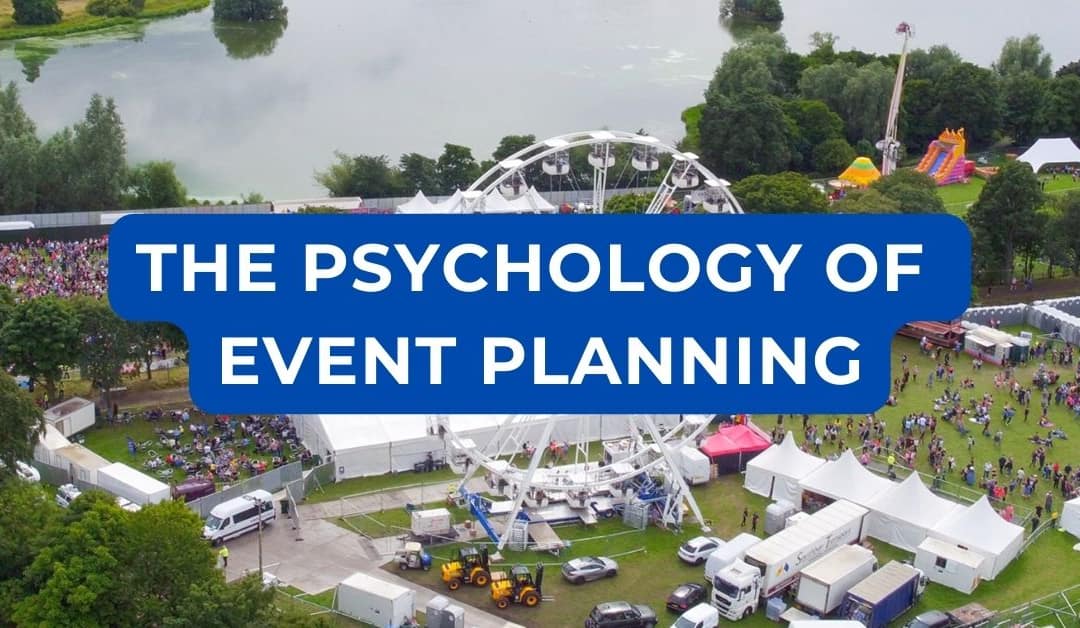The Psychology of Event Planning with Purvis Marquees
Imagine this: You’ve just arrived at an event, and the second you step in, there’s an electrifying atmosphere. The lighting is soft but dramatic, the layout leads you naturally through an awe-inspiring journey, and there’s a palpable sense of community. You immediately feel a connection not only with the environment but also with the people around you.
As an event manager, how do you orchestrate such a compelling experience?
The secret, my friends, lies in understanding the psychology of attendee behaviour.
The Decisions that Shape Attendance
We’ve all been there, scrolling through social media or sifting through our emails, when we spot an event that piques our interest. Instantly, a mental tug-of-war starts—should I go or should I not?
Several psychological factors weigh in at this stage, but the most prominent are the emotional triggers such as FOMO—Fear Of Missing Out. According to a study by Eventbrite, 69% of millennials experience FOMO when they can’t attend an event their friends or family are going to.
As an event manager, how do you tap into this?
First, leverage social proof. Use testimonials and endorsements to show that people who have attended previous events had a great time. Make sharing easy on your online platforms, so attendees can easily spread the word, amplifying the FOMO for potential future attendees.
Creating a Sense of Belonging
Human beings are social animals. We are programmed to seek connection and belonging. Maslow’s Hierarchy of Needs places belongingness right after physiological and safety needs, illustrating its importance in human motivation.
Design your event in a way that facilitates social interaction. Use communal seating arrangements rather than isolated ones. Also, invest in ice-breaking activities or networking platforms that make it easy for attendees to connect. It’s not just about having a stage and some refreshments; it’s about building a community.
The Layout: A Physical Manifestation of a Psychological Journey
Ever noticed how some stores make it almost intuitive for you to navigate through them? This is no accident; it’s a science called environmental psychology. According to a study by Bell, Fisher, Baum, and Greene, the arrangement of physical space influences behaviour. In the context of events, this means the layout can guide attendees’ emotional and social experiences.
- Start with a welcoming entrance that gives a taste of what to expect inside. A captivating central point often serves as an anchor, drawing attendees naturally toward it.
- Arrange the space so that attendees move smoothly from one area to another, from food and drink to the main stage, subtly guiding them through the emotional high-points you want them to experience.
Tapping into the Pleasure Centers
Ever felt that buzz of happiness when your favourite song comes on? That’s dopamine, the feel-good hormone. Pleasurable experiences release dopamine, reinforcing a positive association with the event. From the music selection to the type of food served, these small factors can elevate an event from good to unforgettable.
As an event manager, the deeper your understanding of these psychological factors, the more tools you’ll have at your disposal to design better, more impactful events. So the next time you’re looking at a venue or sketching out an event layout, remember that you’re not just an organiser; you’re a psychological architect, crafting a memorable experience one psychological cue at a time.
At Purvis Marquee Hire, we understand the nuances that go into creating impactful events. With our Royal Warrant, we provide more than just marquees; we offer a canvas upon which you can paint your perfect event, right down to the finest psychological details.
Because when it comes to unforgettable experiences, it’s all in the mind. And that, dear event managers, is the psychology of event planning.

